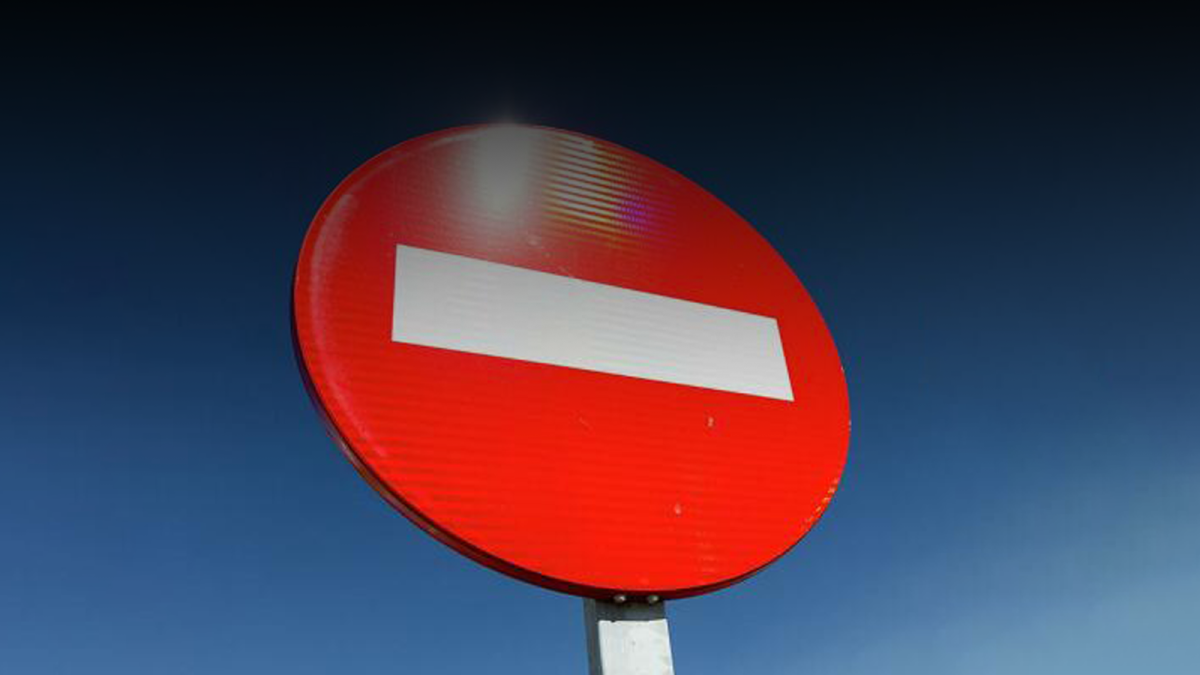

On July 23, the Committee of Permanent Representatives (Coreper) approved the allocation of the fourth tranche of financial assistance to Ukraine under the Ukraine Facility mechanism, amounting to €3.05 billion, which is expected to arrive in Ukraine by the end of summer. However, this tranche is almost €1.5 billion less than initially planned — due to Ukraine’s failure to deliver on the reforms promised to the European Union.
Among the key commitments that remain unfulfilled are two critical requirements that could significantly improve both budget revenues and the handling of high-profile corruption cases.
ARMA reform: the law awaits the President’s signature since July 15
The first is the reform of the Asset Recovery and Management Agency (ARMA). Parliament passed the law on this reform on June 18. However, MPs from the Batkivshchyna party blocked its signing, which delayed the process until July 15, when their motion was rejected. Since then, the President has had the opportunity to sign the law but has not done so yet. Meanwhile, we know for certain that the President has been “successfully” signing other laws.
This reform introduces robust mechanisms for handling seized assets, particularly in corruption cases. If confiscated, such assets could significantly replenish the state budget — a crucial factor during wartime. Yet, the adoption of this law was delayed throughout the first half of the year, partly due to active resistance from ARMA itself, and now the delay is on the President’s side.
Problems with selecting judges for the HACC
The second critical issue is the selection of judges for the High Anti-Corruption Court. Currently, only 27 judges in HACC’s first instance review criminal corruption cases, while 11 judges work in the Appeals Chamber. Moreover, the Anti-Corruption Court handles civil confiscation cases, sanctions, numerous pre-trial motions, and appeals on all these decisions.
The heavy workload, combined with procedural challenges, results in slow case processing — as we detailed in our analysis. Increasing the number of judges could significantly improve the efficiency of high-profile corruption trials.
Following the second selection competition for the HACC, only 2 out of 25 new vacancies were filled. A third competition is now open with slightly adjusted procedures, but it is unlikely to conclude before the end of 2025.
These anti-corruption commitments are two of the three unfulfilled reforms. Due to these delays, the fourth tranche is smaller than planned — €3.05 billion instead of the expected €4.5 billion.
Therefore, we call on the President of Ukraine to sign the ARMA reform law, encourage all qualified candidates to apply for the HACC competition, and urge the High Qualification Commission of Judges to ensure a transparent and high-quality selection process.
Alongside this, it is essential not to overlook the restoration of the independence of the NABU and the SAPO, as the adoption of Law No. 4555-IX could also negatively affect Ukraine’s financial support from partners. Parliament should therefore urgently adopt one of the registered legislative initiatives.






